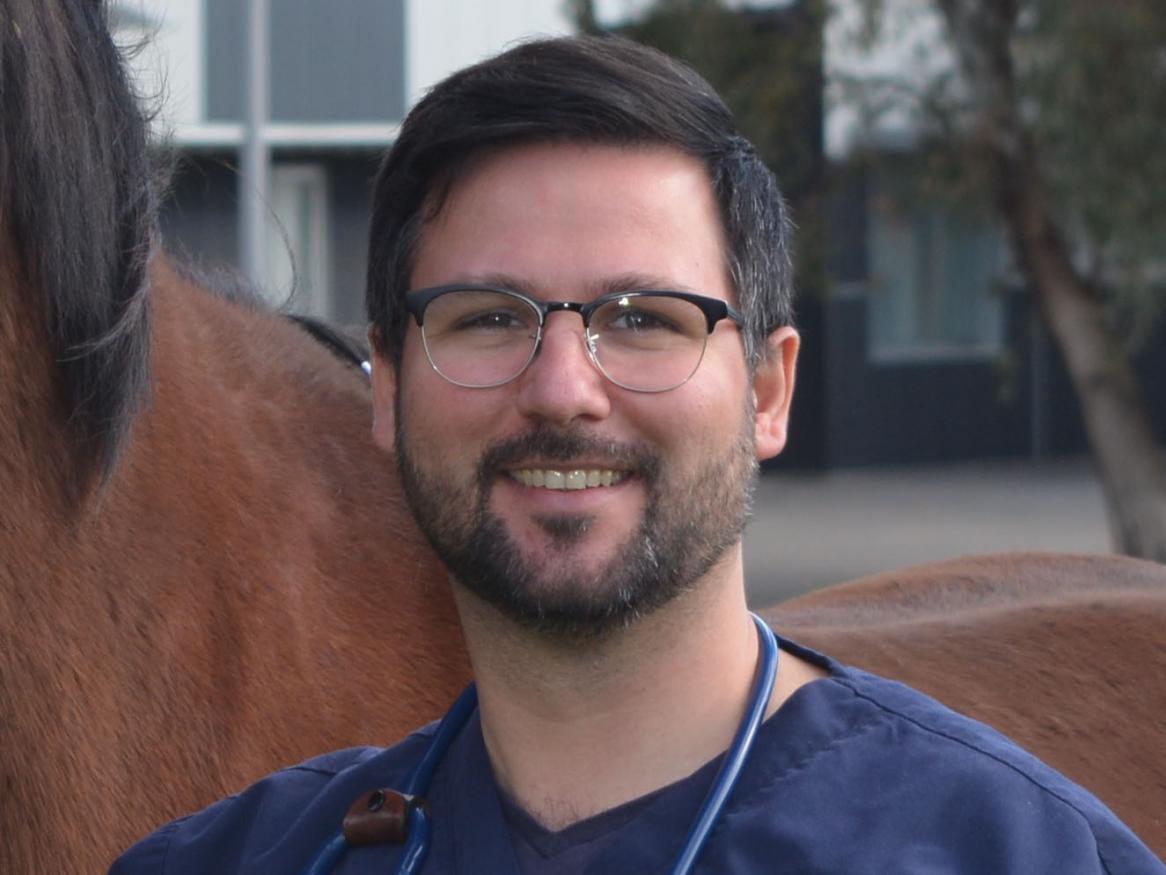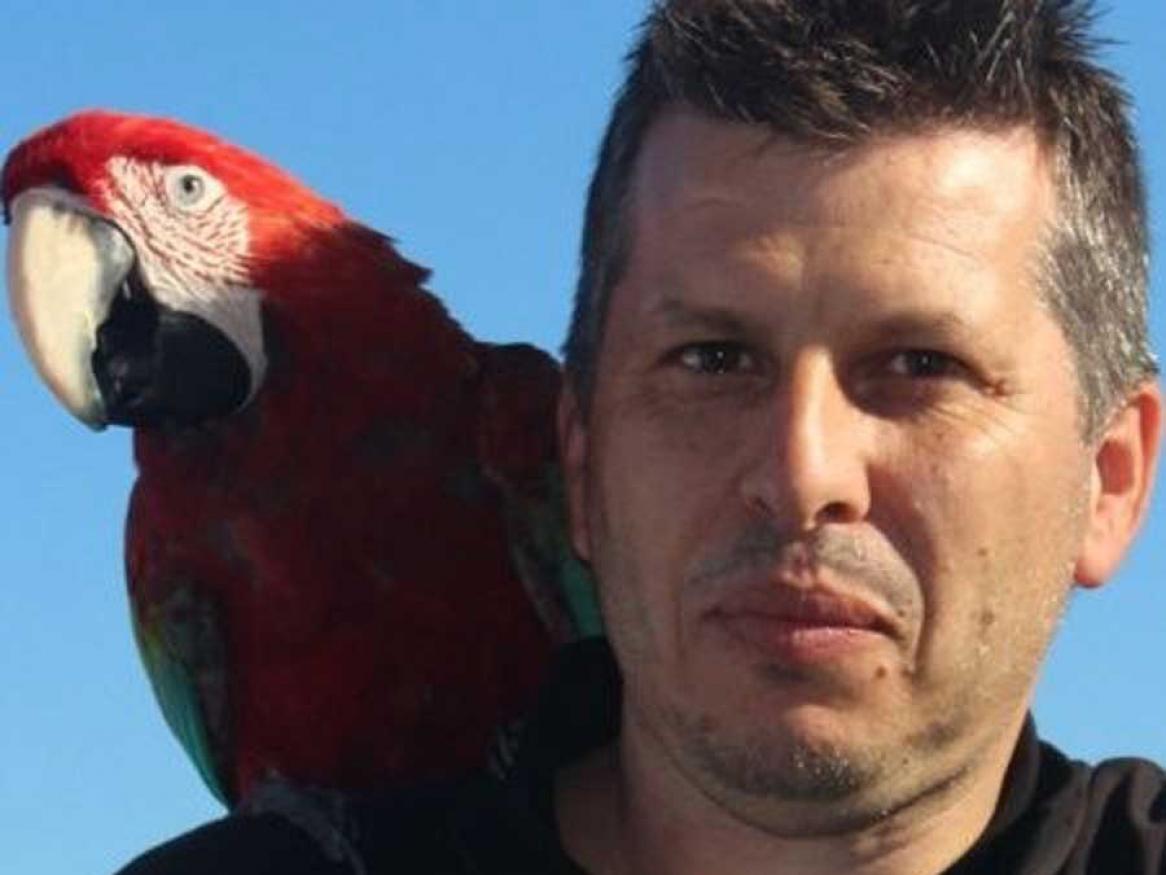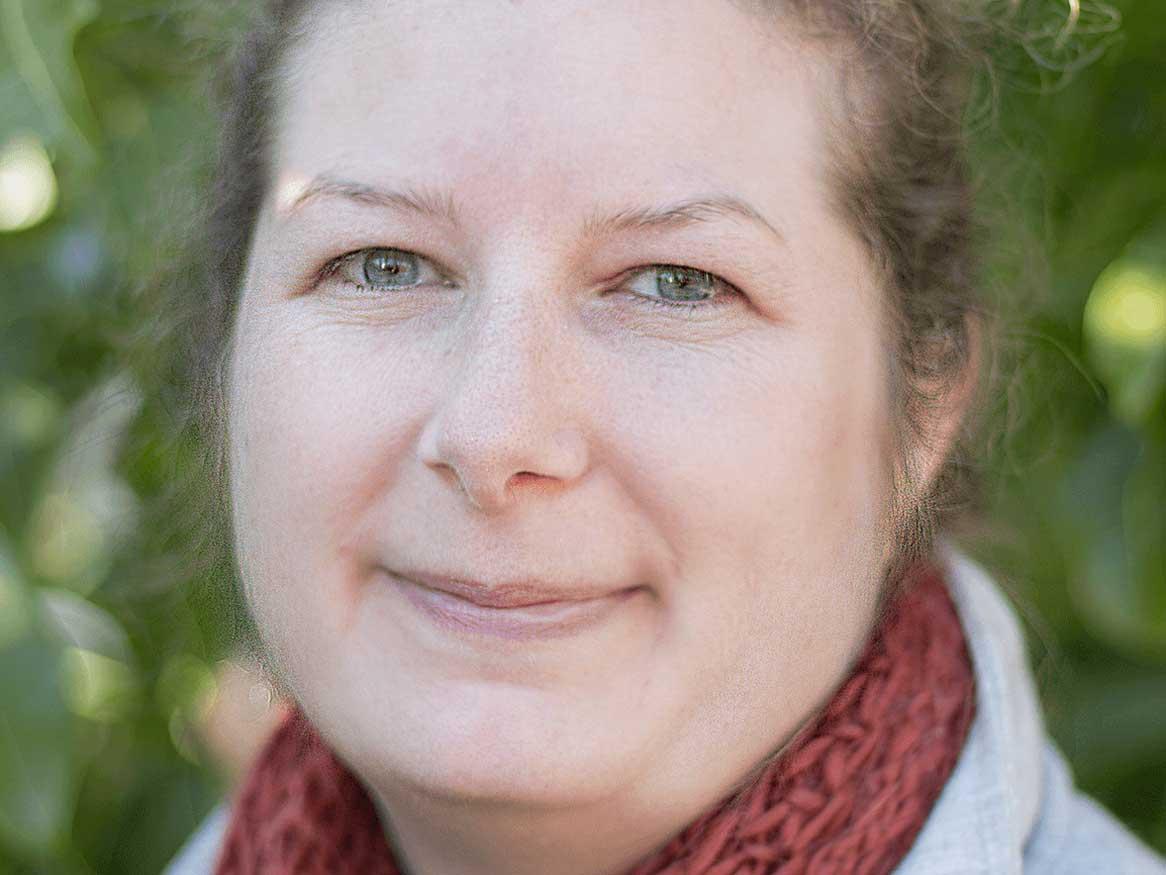Veterinary Science
As Veterinary scientists, we are uniquely qualified to address the health and wellbeing of all animals, contribute to biosecurity and public health, and make significant contributions to the conservation of biodiversity. We are research scientists, clinicians, One Health practitioners and advocates for a healthy planet.
Our students gain a strong underpinning of theoretical knowledge and a range of hands-on experience from internationally renowned academics, clinicians, and researchers in the six years of the accredited Veterinary Science training programs.
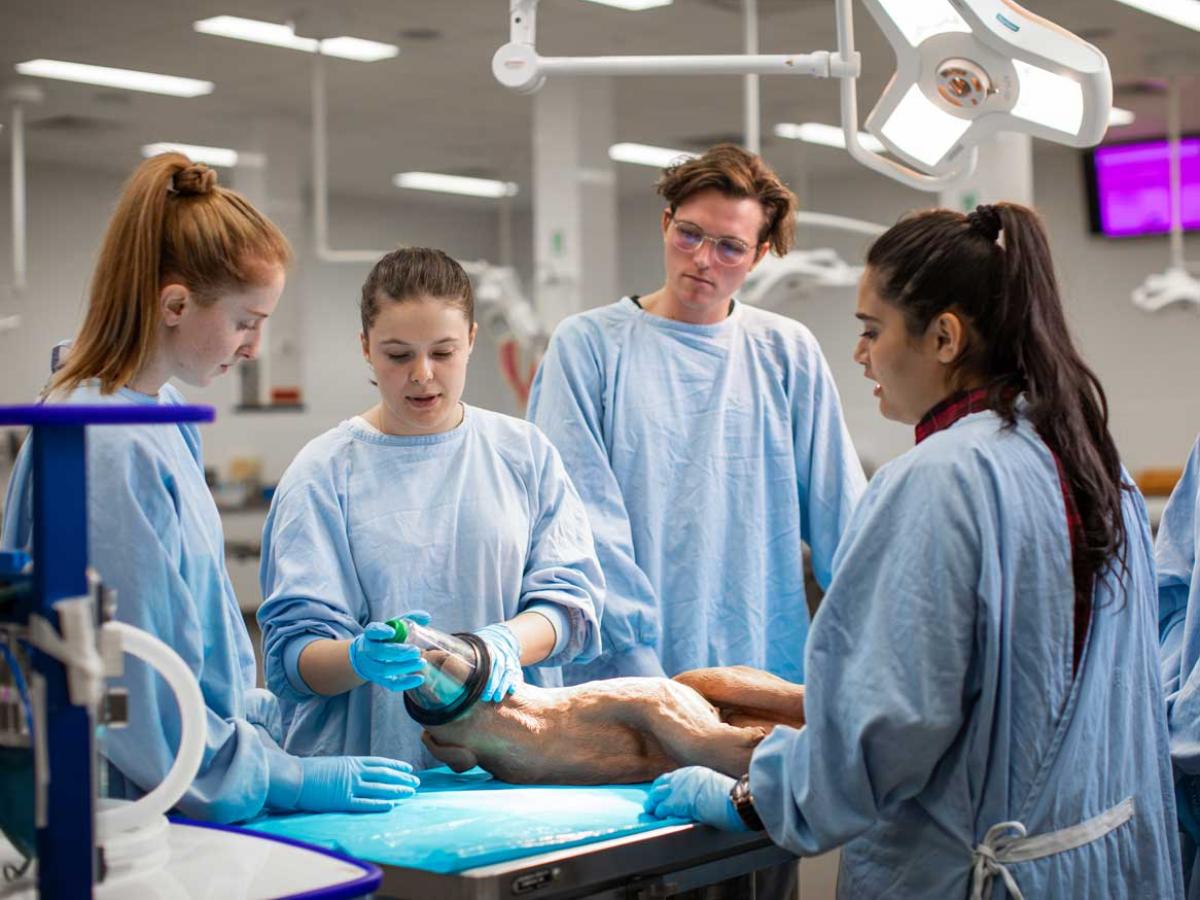
Research
Our research seeks to find solutions to contemporary issues in veterinary sciences. We are internationally renowned for our research in:
- Animal welfare
- Antimicrobial resistance ecology
- Comparative medicine
- Domestic animal health and disease (companion animals, equids, livestock, and intensive production systems)
- Epidemiology and evidence-based science
- Public health and food safety
- Wildlife health and One Health
-
Extensive undergraduate and postgraduate teaching
Career opportunities for Veterinary scientists are endless. They work as clinicians, providing the highest possible care for patients including companion animals, horses, farm animals, zoo animals, wildlife and fish. They protect society from the incursion of exotic and emergent animal and zoonotic diseases. They support food security through sustainable animal production and food safety. They support the conservation of biodiversity and undertake applied veterinary research.
Here at our school, our highly regarded and well-qualified team provide guidance and unique training opportunities for students to excel in all aspects of veterinary science.
Undergraduate
Bachelor of Science (Veterinary Bioscience)
This three-year program provides students with foundational knowledge in preclinical and paraclinical disciplines to allow them then progress to the Doctor of Veterinary Medicine program.
During the program, students discover how to handle and care for animals, and begin to understand how they behave and what makes them fit and healthy. They study the structures of the body and how they function, and unearth the diversity of viruses, bacteria, fungi and parasites that cause disease. Students learn how to analyse disease at the population level, and how to seek the evidence that underpins veterinary science. They also engage with industry – on placement – to understand animal husbandry practices and the professional roles of veterinarians in our community.
Postgraduate
Graduates of the Bachelor of Science (Veterinary Bioscience) gain direct entry into the three-year Doctor of Veterinary Medicine program, completion of which bestows upon graduates the privilege to register as a veterinarian.
Theoretical training gradually gives way to hands-on, immersive clinical experiences in real-world environments. Initially, students discover fundamental disease processes, what to use and when to treat sick animals, hands-on clinical skills and how to conduct research. This is followed by uncovering the clinical management of pets, livestock, horses and wildlife, and how veterinarians contribute to public health and biosecurity.
The final year engages students in real-world case management opportunities on campus, on placement and through electives so they develop comprehensive veterinary skills and become ‘job ready’. Our industry placements and state-of-the-art facilities deliver a vast array of opportunities for future veterinarians. We use novel teaching methodologies such as high-fidelity simulation technologies, simulation-based education and virtual reality (VR) which contributes to an improved and safer learning experience and patient care – for today and tomorrow.
Completion of the Doctor of Veterinary Medicine degree offers limitless career opportunities to make a positive impact on a healthy and sustainable world.
-
State-of-the-art facilities and centres
Students can access our $37 million purpose-built veterinary teaching and research facilities.
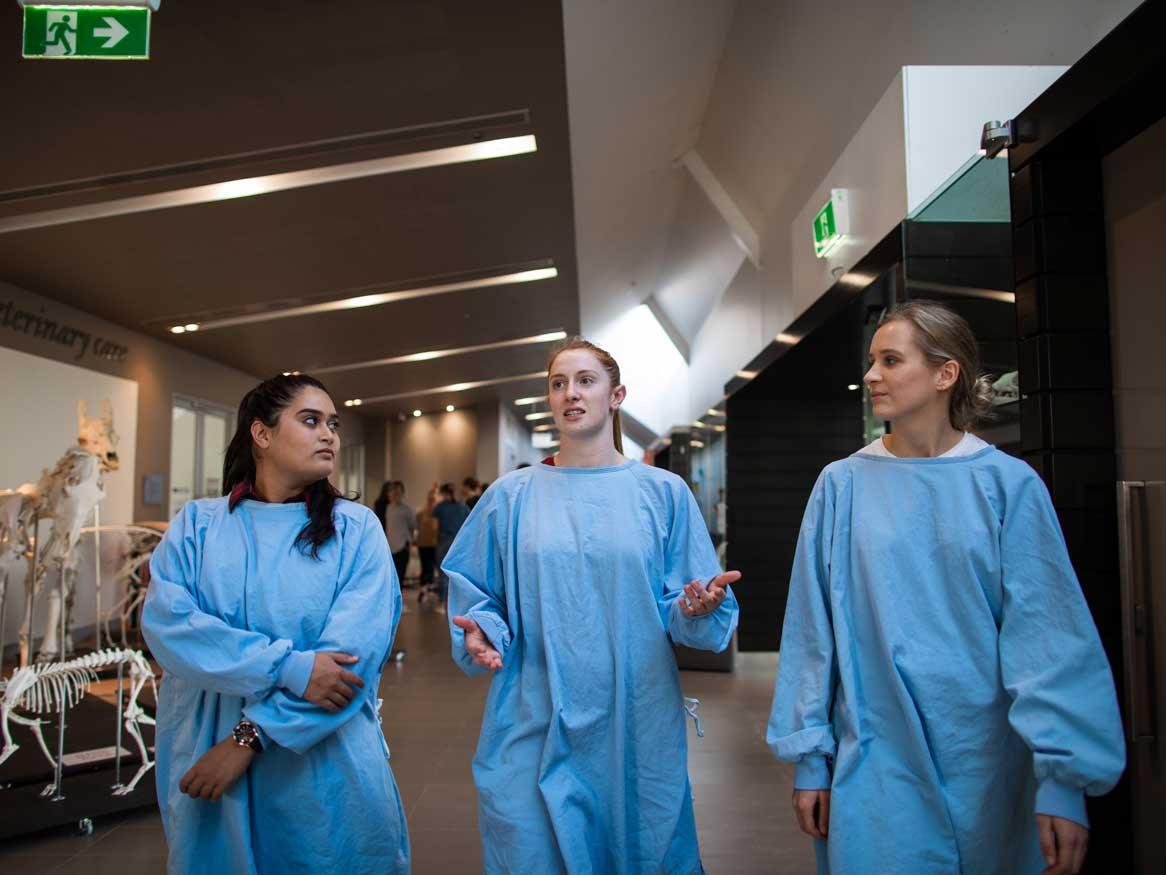
Higher degree by research opportunities
Be involved in animal and veterinary science discovery, invention, and cutting-edge research through a higher degree by research. Join our Master of Philosophy or Doctor of Philosophy programs.
Associate Professor Kiro Petrovski
Deputy Program Director for Doctor of Veterinary Medicine
Dr Natasha Speight
Program Director for Bachelor of Science (Veterinary Bioscience)

